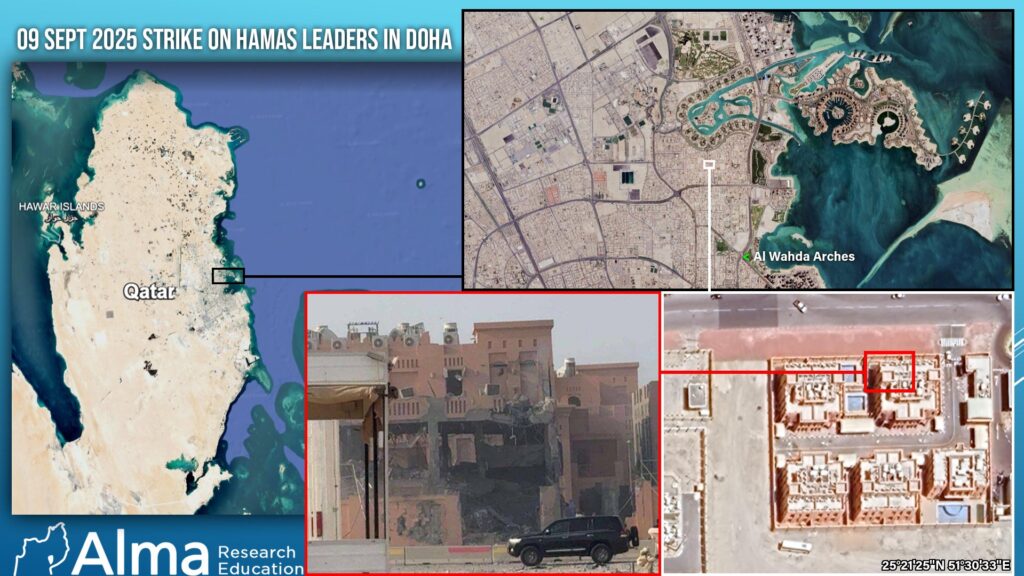Israel's Strike in Qatar Complicates Gaza Ceasefire Talks
Israel’s airstrike on Hamas leaders in Doha on September 9, 2025, has drawn international condemnation, undermined Gaza ceasefire negotiations, and escalated regional tensions by violating Qatari sovereignty.

Israel’s airstrike in Doha, Qatar, on September 9, 2025, targeting Hamas political leaders, has triggered a wave of international condemnation and cast a shadow over ongoing ceasefire and hostage negotiations in Gaza. The strike, which killed several Hamas affiliates and a Qatari security officer, was described by the United Nations’ top political affairs official as an “alarming escalation” and a violation of Qatari sovereignty, threatening to open a “new and perilous chapter” in the conflict.
Diplomatic Fallout and Regional Condemnation
The attack occurred in a residential area of Doha reportedly housing members of Hamas’ political bureau, including the son of chief negotiator Khalil al-Hayya. While Hamas leaders survived, the group stated that the incident disrupted sensitive negotiations over a U.S.-mediated ceasefire and hostage release agreement. Qatar, the Gulf Cooperation Council, the League of Arab States, and the Organization of Islamic Cooperation all condemned the strike, warning of further escalation and expressing concern for regional stability. The UN Security Council issued a press statement reaffirming support for Qatar’s sovereignty and its key role in mediation efforts, while urging all parties to seize ongoing diplomatic opportunities for peace.
Israeli Justification and U.S. Response
Israeli Prime Minister Benjamin Netanyahu claimed responsibility, calling it “a wholly independent operation” in response to a deadly Hamas attack in Jerusalem the previous day. Netanyahu warned that Israel could strike again if Qatar does not expel Hamas leaders, stating, “You either expel them or you bring them to justice. Because if you don’t, we will.” The U.S., which relies on Qatar as a mediator and hosts its largest Middle East military base there, was notified of the attack shortly before it occurred but did not coordinate with Israel. Former President Trump, in a social media post, said he had assured Qatar’s leadership that such an attack would not be repeated, emphasizing that the decision was made unilaterally by Netanyahu.
Ceasefire Talks in Jeopardy
Qatar’s Prime Minister Sheikh Mohammed bin Abdulrahman Al Thani accused Netanyahu of “killing any hope” for the return of the remaining Israeli hostages held by Hamas, stating that the strike had inflamed anti-Israeli sentiment across the Arab world. The attack has been widely seen as undermining the fragile mediation process, with the UN’s Rosemary DiCarlo warning that “any action that undermines the work of mediation and dialogue weakens confidence in the very mechanisms we depend on for conflict resolution.”
Humanitarian Crisis Deepens
Meanwhile, the humanitarian situation in Gaza continues to deteriorate. Thousands of Palestinians are fleeing Gaza City as Israel’s offensive intensifies, with the enclave already devastated by months of conflict and facing famine conditions. The Security Council emphasized that releasing hostages, ending hostilities, and ensuring civilian protection in Gaza remain top priorities. The urgency for a ceasefire and renewed diplomatic engagement has never been greater, as the risk of broader regional escalation looms.